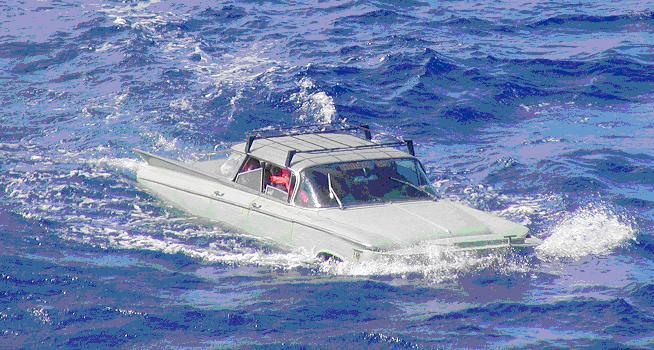Two months after President Barack Obama announced thawing of relations with Cuba, the United States has yet to make a decision on its generous Cold War-era immigration policy that Cubans coming to the United States enjoy.
The policy is raising concerns as Cubans seem to be hurrying to take advantage of it before it’s gone.
Cubans who manage to step on American soil receive “uniquely favorable treatment,” as a report by the Migration Policy Institute (MPI) puts it.
Cubans arriving in the United States, illegally or on a tourist visa, can ask for a permanent residency after a year.
The policy is “based on a presumption that all Cuban emigrants are political refugees in need of protection,” the MPI report states.
But the report also acknowledges the policy “may need revision now that a détente is at hand.”
Obama’s appeasement eases the economic embargo that has been imposed on Cuba since the communists took power back in 1959. Obama also plans on establishing mutual embassies between the two countries, new communication lines, and fewer travel restrictions.
On Friday, Cuban and U.S. representatives met for another round of talks and reported that progress was made, though they offered few specifics.
From Water to Land
The tide has already begun to change on Cuban immigration.
In 2013 Cuba lifted most restrictions on travel. Prior to that, a Cuban going abroad had to get an exit permit and an invitation letter from the destination country. Now Cubans only need a passport and a visa, except for some skilled workers who are still blocked from leaving.
“As visa issuance to Cuban nationals increases, will a growing number of Cubans overstay their visas in order to obtain green cards?” the MPI report asks.





